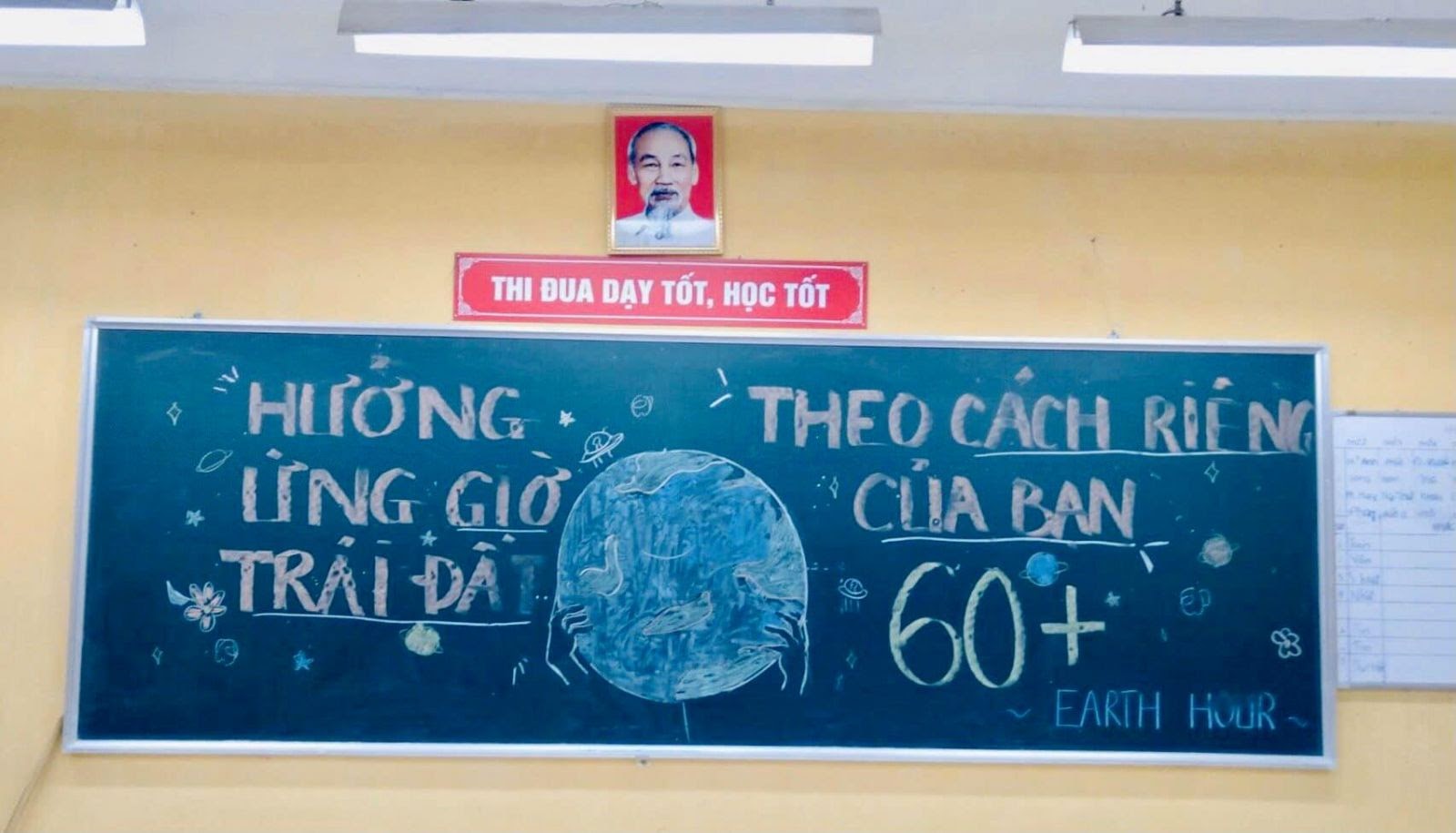
| Author :
The development plan of many fossil fuel power projects, most of which are coal-fired power plants, in Mekong Delta are inappropriate.
In addition to the risks of environmental pollution, impacts on local agriculture, and people’s health, energy security should be taken into account. Coal used in power plants in the Mekong Delta (in the South of Vietnam) are transported from Quang Ninh Province (in the North of Vietnam), which is very costly. Furthermore, Vietnam has been running out of coal reserves and will have to import coal from Indonesia, Australia, and China in near future.
Currently, Australia has gradually closed coal mines while China has cut down on mining output, which restricts choices of coal import for Vietnam.
We build power plants to ensure energy security, but base that security on imported coal. Previously, Europe’s import of gas from Russia had been really smooth until it was affected by their tense relations. This story should be a lesson for us to think about.
Unlike coal-fired power plants which entail many risks, renewable energy which has great potential in the Mekong Delta, is not fully exploited.
Many people say that producing power from coal costs the least. This is not wrong; however, that way of thinking only focuses on the energy field and neglects other expenses related to the environment, health, and other areas which are also affected.
According to a study conducted by Harvard University in 2015, Burden of Disease From Rising Coal Emissions in Asia, if Vietnam continues to develop coal power as planned, it could result in over 25,000 coal related deaths each year by 2030. Unfortunately, the deaths are overshadowed by focuses on short term benefits like huge projects, job creation, tax revenue, and GDP growth.
Why is coal power so heavily included in the Vietnam’s Power Plan? According to the revised Power Development Plan VII, by the year 2020, coal-fired power will increase up to 44.7% (30,000 MW) of the total national energy capacity. By 2030, the figure will be 56.1%. This question needs to be addressed by the agency who created the plan. In my opinion, this power plan has not involved critical judgments from economists, environmentalists, and social activists, but only from energy experts.
So why is coal-fired power being planned in the Mekong Delta? A representative of the Ministry of Industry and Trade answers that the Mekong Delta is a vibrant economic region that requires a high energy demand for its development. However, this isn’t convincing because the driving force of the region’s growth is agriculture, breeding of livestock, and processing aquatic products. These activities do not require much energy. If the government insists on building a specific number of plants, it would be in their best interest to construct them in industrial zones where they will be highly utilized.
The world is gradually giving up coal power because of its negative impacts. We still can do the same. The plan can still be changed. Recently, Bac Lieu province, which is famous for shrimp farming and wind energy, decided to cancel a coal power project to protect the environment. Province leaders proposed their decision in a meeting with the Prime Minister and got his approval.
This story should be taken into account. We have alternative choices. We can choose green energy for the Mekong Delta instead of grey energy.
(The Saigon Times Online) – On October 22nd, Dr. Le Anh Tuan, Deputy Director of the Research Institute for Climate Change at Can Tho University had a talk about the concerns of Vietnam’s fossil fuel power plants, particularly, in Mekong Delta and alternative solutions. His opinions were summarized and published by The Saigon Times Online.
The development plan of many fossil fuel power projects, most of which are coal-fired power plants, in Mekong Delta are inappropriate.
In addition to the risks of environmental pollution, impacts on local agriculture, and people’s health, energy security should be taken into account. Coal used in power plants in the Mekong Delta (in the South of Vietnam) are transported from Quang Ninh Province (in the North of Vietnam), which is very costly. Furthermore, Vietnam has been running out of coal reserves and will have to import coal from Indonesia, Australia, and China in near future.
Currently, Australia has gradually closed coal mines while China has cut down on mining output, which restricts choices of coal import for Vietnam.
We build power plants to ensure energy security, but base that security on imported coal. Previously, Europe’s import of gas from Russia had been really smooth until it was affected by their tense relations. This story should be a lesson for us to think about.
Unlike coal-fired power plants which entail many risks, renewable energy which has great potential in the Mekong Delta, is not fully exploited.
Many people say that producing power from coal costs the least. This is not wrong; however, that way of thinking only focuses on the energy field and neglects other expenses related to the environment, health, and other areas which are also affected.
According to a study conducted by Harvard University in 2015, Burden of Disease From Rising Coal Emissions in Asia, if Vietnam continues to develop coal power as planned, it could result in over 25,000 coal related deaths each year by 2030. Unfortunately, the deaths are overshadowed by focuses on short term benefits like huge projects, job creation, tax revenue, and GDP growth.
Why is coal power so heavily included in the Vietnam’s Power Plan? According to the revised Power Development Plan VII, by the year 2020, coal-fired power will increase up to 44.7% (30,000 MW) of the total national energy capacity. By 2030, the figure will be 56.1%. This question needs to be addressed by the agency who created the plan. In my opinion, this power plan has not involved critical judgments from economists, environmentalists, and social activists, but only from energy experts.
So why is coal-fired power being planned in the Mekong Delta? A representative of the Ministry of Industry and Trade answers that the Mekong Delta is a vibrant economic region that requires a high energy demand for its development. However, this isn’t convincing because the driving force of the region’s growth is agriculture, breeding of livestock, and processing aquatic products. These activities do not require much energy. If the government insists on building a specific number of plants, it would be in their best interest to construct them in industrial zones where they will be highly utilized.
The world is gradually giving up coal power because of its negative impacts. We still can do the same. The plan can still be changed. Recently, Bac Lieu province, which is famous for shrimp farming and wind energy, decided to cancel a coal power project to protect the environment. Province leaders proposed their decision in a meeting with the Prime Minister and got his approval.
This story should be taken into account. We have alternative choices. We can choose green energy for the Mekong Delta instead of grey energy.
| The talk was delivered in the “Coal Power: Environmental Risks and Alternatives” workshop, which was co-organized by the Center of Research and Development of the Open University Ho Chi Minh and the Center of Hands-on Actions and Networking for Growth and Environment (CHANGE) on October 22nd, 2016 at the university. |
Source: http://www.thesaigontimes.vn/152983/Quy-hoach-dien-DBSCL-nang-luong-xanh-hay-xam.html
Translator: Dau Thi Chi
Editor: Nguyen Thi Hang

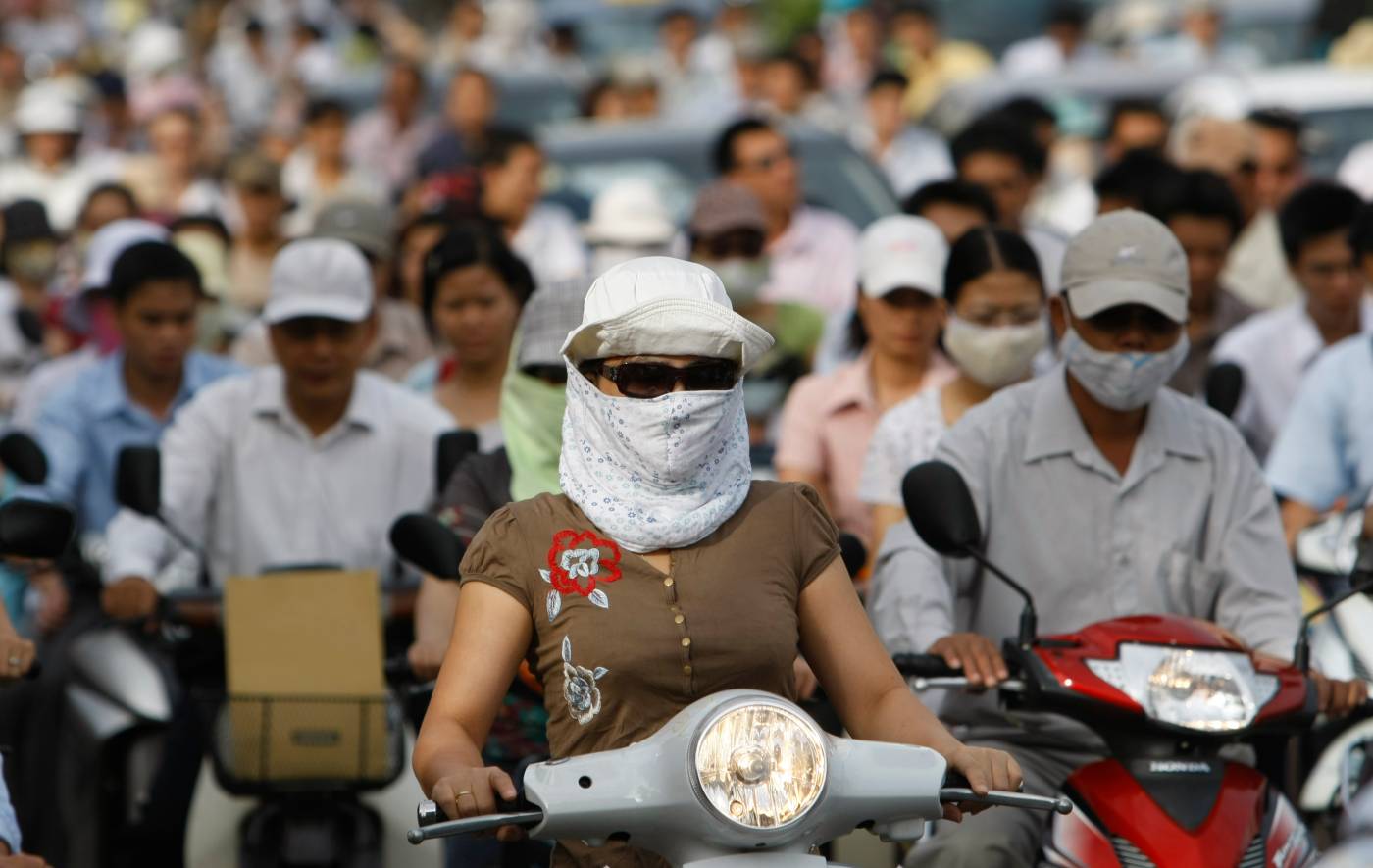
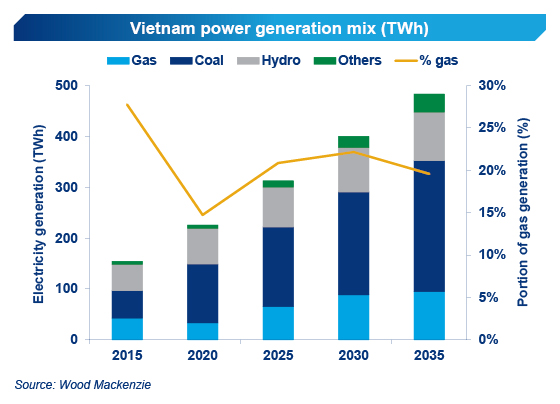
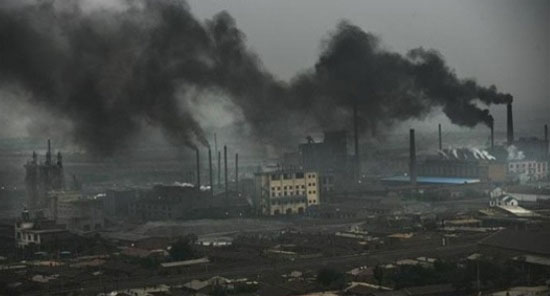
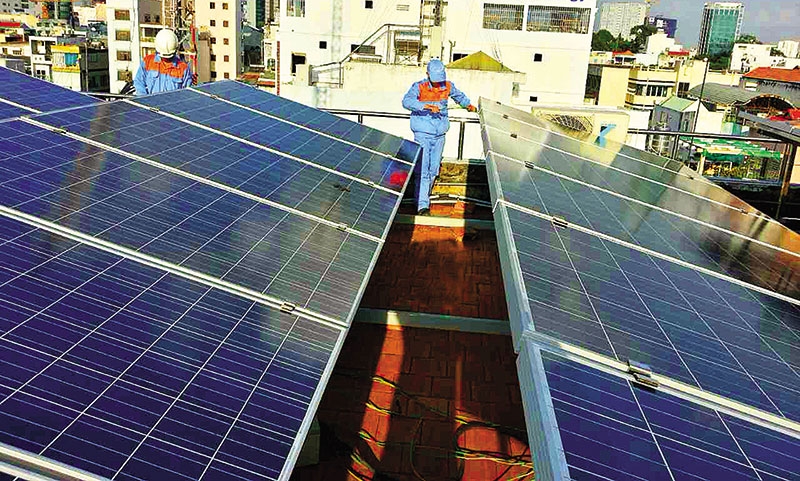
.png)
